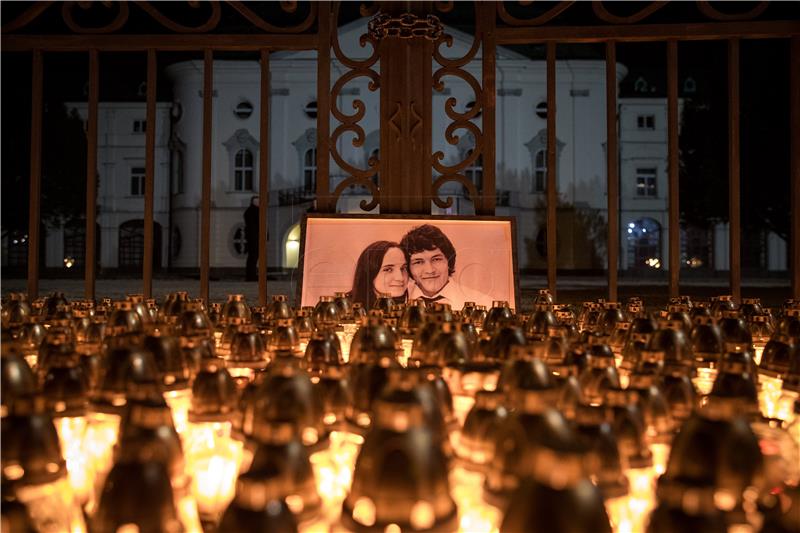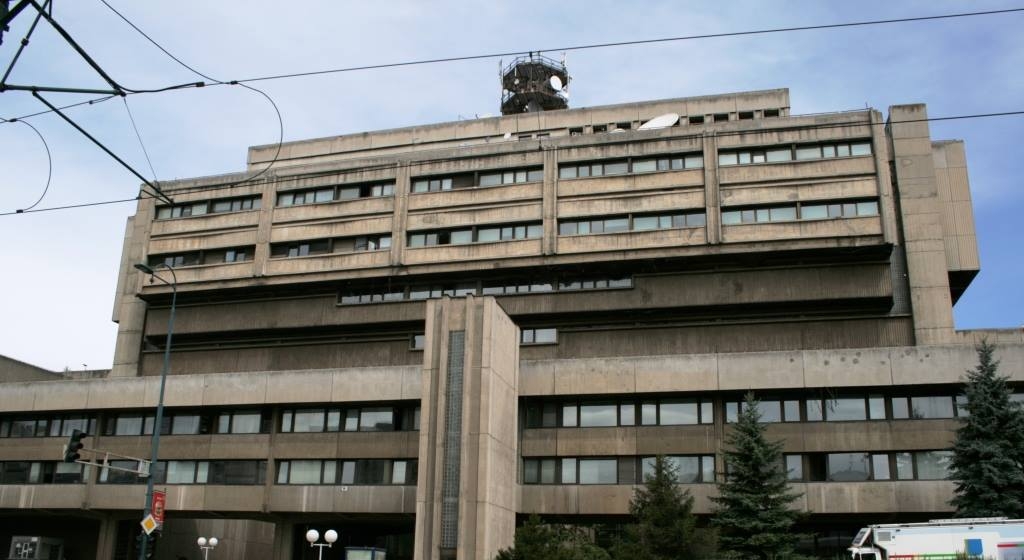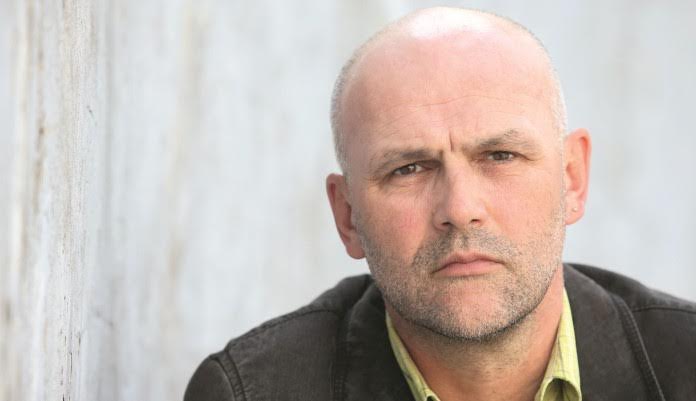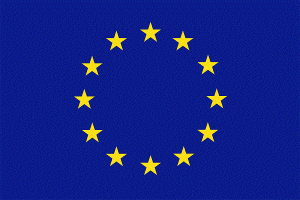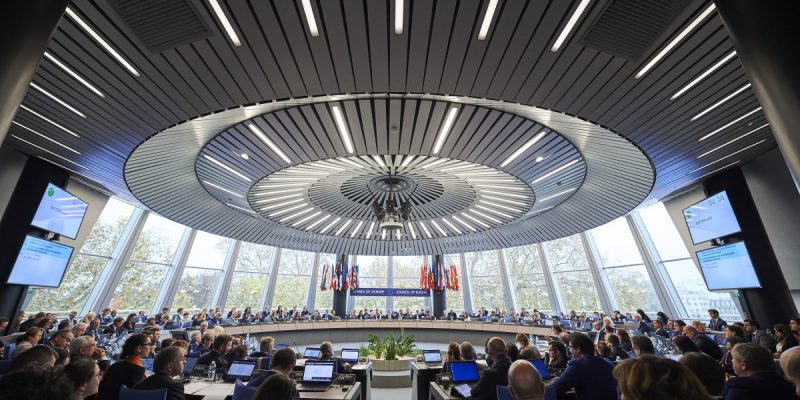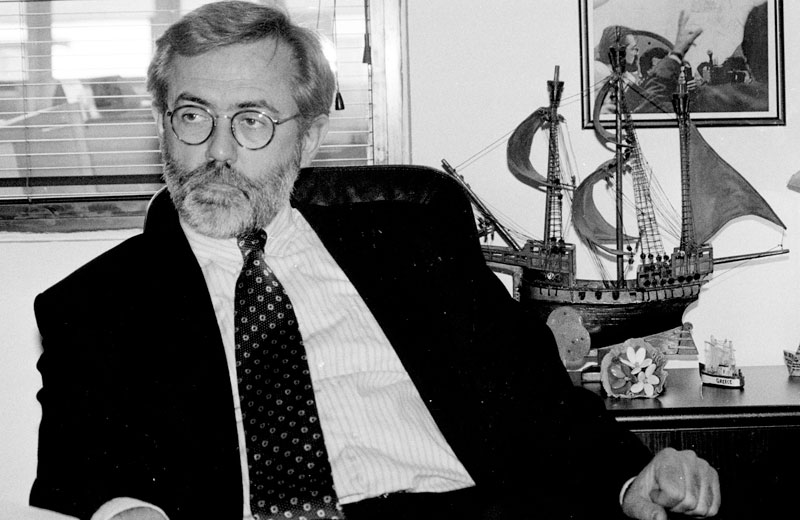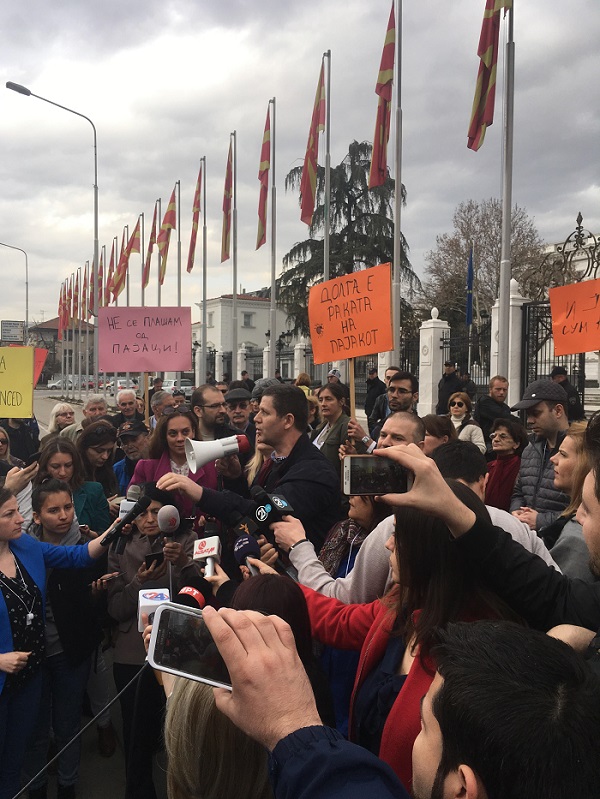SARAJEVO, 12.03.2018.-A decade ago and as a result of internet developing era in BiH, it was almost impossible to imagine that every major place or city (town) in BiH would have tens of online media houses operating and almost every village would have its “official” web page or local website. Printed media houses, due to expensive and costly production have, on one hand, been lacking behind and losing the persistence race in the media field, including radio stations, while on the other hand, almost everyone has had a “smartphone”.
Consequently, almost every single person, out of 3.8 billion internet users on our planet has access to all kinds of different information, including, for instance, local affairs in Sipovaca, Veljaci or Vitina small villages in Herzegovina. The importance of local media houses has often been neglected because many people would believe that they (local media houses) have released “less important” news, events, affairs from a local community since they were mainly focused on news and affairs deriving from “high-level politics” or globally available news as well.
This approach is however completely wrong and incorrect. We have often been in a position to find out and discover what the new American president has stated and what the reaction to this statement, by his Russian colleague, would be. On one hand, we have also been able to find out what happened in France or Germany, and on the other hand, we were unaware of what happened in our local community. These local affairs may include a variety of events including the organization of mutual and community – based cleaning of local river banks from garbage or if the local farmers had been satisfied with harvesting and crops and also, what did people in our local community tend to instigate or encourage etc.
Local media houses have often reflected authentic media picture of a local community where one of the last surviving symbol of so-called affirmative (positive) and good news in the pandemic world of the tabloid – based news (trash news) remained. They would often report, in a rather brave manner, about negative social affairs, including criminal affairs, corruption and bribery from their local communities and many journalists, even from bigger news agencies can envy these local community journalists and their work. Journalists working for local media houses are often journalists – volunteers and working in such media houses has sometimes been indeed dangerous and risky, especially in communities where common public thinking that anyone can assault, attack and even beat the journalists because he/she dared to do something, as this is still considered as commonly accepted opinion.
A conclusion that pluralism does exist amongst local media house and that each and every local media house has its own readers or viewers (even thousands of them) follows the prior. The significance of local media operating houses is also often identified and recognized by the local community that may provide financial support and fund them as well. This kind of support is crucial for their persistence, survival, and existence, as long as this support does not cause obstruction and limitation to their work and media freedom and liberty in the first place. However, taking into consideration that this is about small local media houses, the possibility of political and other associated pressures is greater as well. This influence would additionally impact the readers and viewers thus accomplishing certain political goals. This represents rather a significant issue not concerning local media houses only, but also concerning big ones as well (private media houses and often public media houses too).
However, despite all of the above mentioned, pluralism which exists in local media houses in BiH may often be compared to media houses in more developed countries and is necessary for local communities. At the same time, the local community should indeed support their work and should accept undesired critics as personal correction tool in terms of having the responsibility with the purpose of creating a common improvement of public existence in their scope of work. But, isn’t this the sign that I abhorred into the area of utopia here?
This text is a part of E-Bulletin– fourth edition of special serial of BHN online bulletin implemented through the “Media and Public Reputation” (origin. “Mediji i javni ugled”) project, also representing a contribution to public debate regarding the transparency of media ownership and upholding and encouraging the passing of set of laws aimed to advance media field and information market in BiH.


